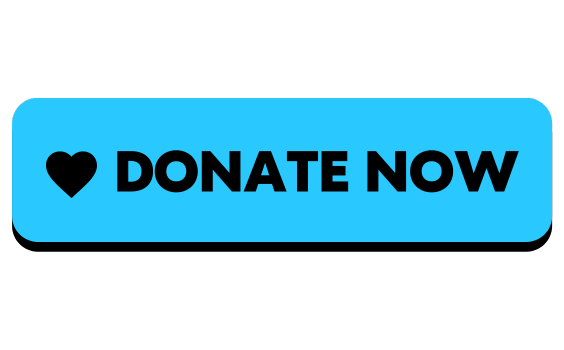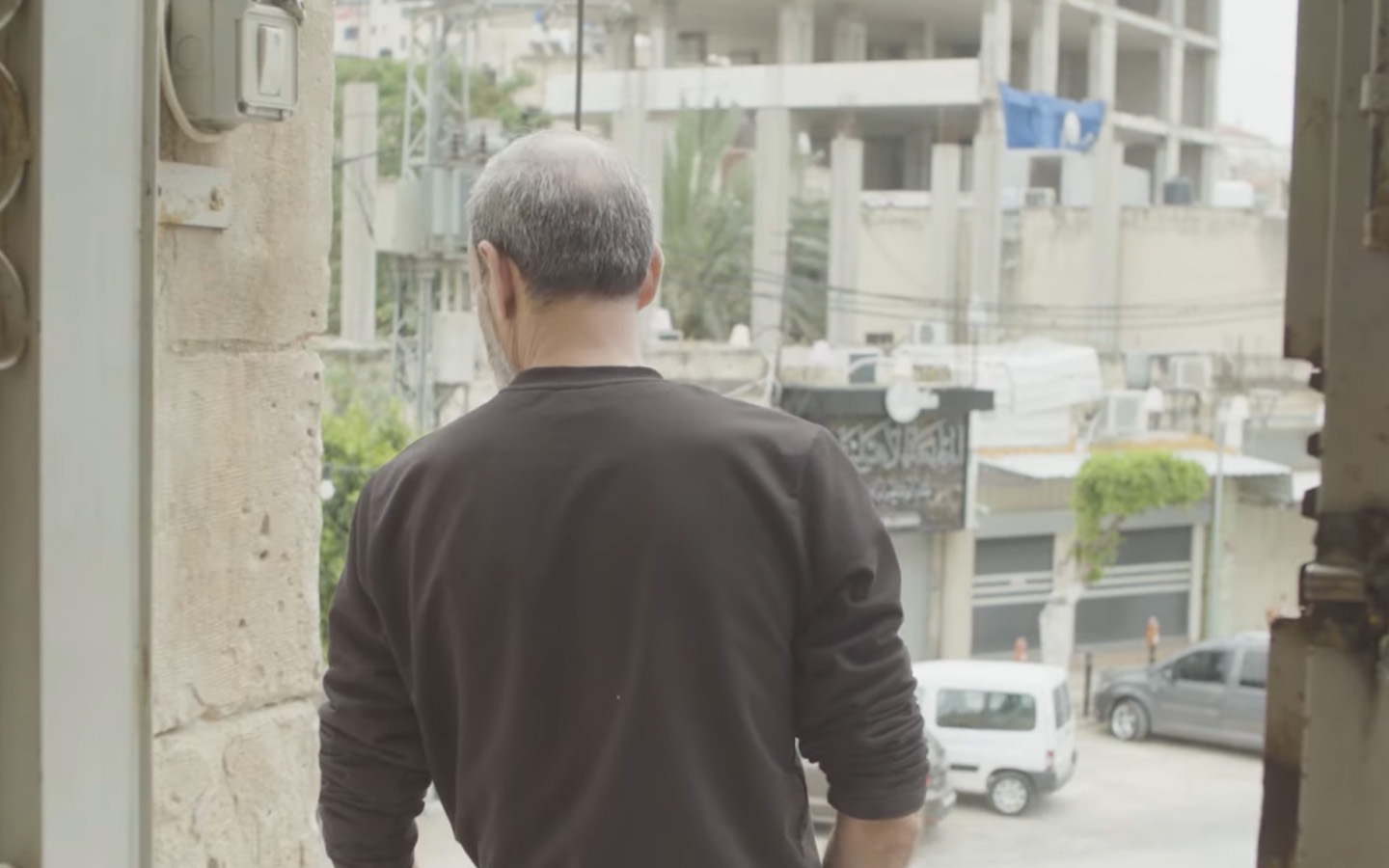Since Oct. 7, the world has looked on in horror at Israel’s brutal annihilation of Gaza. But Israel’s collective punishment of Palestinians also includes thousands of laborers from this coastal strip who were working in Israeli territories. Stranded away from their families and homes, these workers were left destitute and unemployed, and many sought refuge in the occupied West Bank of Palestine, where they’ve become trapped after occupation forces closed all the checkpoints going in and out of this territory.
TRNN is on the ground in Tulkarem City, in the occupied West Bank, where a local guest house has been turned into a refuge for around 40 unemployed men from the Gaza Strip who were forced out of Israel on Oct. 7.
Produced by Ross Domoney, Antonis Vradis, Abdalrahman Abdrabboh, Nadia Péridot Filmed and edited by Ross Domoney
Voiceover by Nadia Pérido
Transcript
Nadia Péridot, the narrator:
Earlier this year, TRNN spoke to Palestinians who had been shut out of Gaza whilst working in Israel.
Khalil Muhammad Elhawy, worker from Gaza:
I used to work in the inside [Israel], doing renovations.
Abd Barakat Jem’a, worker from Gaza:
I work as a worker of Israel’s labour force.
Nadia Péridot, the narrator:
Living in besieged Gaza, these men had no choice but to take work beyond the borders and earn a living working for their occupier. After the events of the 7th October the Israeli occupation sealed all frontiers. Leaving these men stranded beyond the wall and their families trapped within.
Abd Barakat Jem’a, worker from Gaza:
We worked in Israel until the 7th of October events occurred.
Nadia Péridot, the narrator:
Israel’s tactic of continued displacement and division leaves Palestinian families and communities fractured and broken.
Khalil Muhammad Elhawy, worker from Gaza:
We are only here outwardly, but our minds are always [in Gaza]. This is how I live. Do you see how it is? You might begin talking to someone, but they end up zoning out and day dreaming.
Nadia Péridot, the narrator:
Unable to return to Gaza, many have been given shelter in the West Bank. Living in a kind of purgatory, they fear for their families as the Israeli occupation’s relentless destruction of Gaza mounts a devastating civilian death toll.
Khalil Muhammad Elhawy, worker from Gaza:
Because, in all honesty, people are suffering and no one knows about it. Many events reach the world but are nothing [in comparison to reality]. There are incidents that happen between me and my family. If they had been filmed and published, the world would have cried. Do you understand me? There are events that remain unseen. I hope everyone stands by our side and that this war ends.
Abd Barakat Jem’a, worker from Gaza:
We were surprised by the [IDF] informing us to go to the West Bank. Whoever is inside (Israel) must go to the West Bank. When we went to the West Bank. They told us that the ones who would pass through the crossings, They should take off their… off their belongings whether they had money, ID cards or mobile phones. They take away those at the crossings. So, we had to cross through the (illegal) holes and going through the holes is a huge risk. We passed through and we came here. Thankfully, Tulkarem has sheltered us, thank God. Everyone’s dreams were destroyed, do you see?
Nadia Péridot, the narrator:
Despite increasing evidence of the atrocities committed against the people in Gaza, the international community has failed to take meaningful action. Images and videos bring new horrors to our screens each day, and no person in the region remains unaffected by the war.
Khalil Muhammad Elhawy, worker from Gaza:
Everyone’s dreams were destroyed, do you see? In saying this, I’m also referring to myself. I had a dream… I, my wife and my children. But we never get to reach it. In the span of one day and night, everything vanished. So, I called my mother… You know that communication is difficult and the signal is weak. I told her: “How are you doing, Hajja?” and she replied… She asked me:”Did your sister call you?” I answered why are you asking if my sister called? She was afraid someone else would tell me this news. I had her take an oath and swear by the pilgrimage to tell me.
Then, she told me… She said:”My son, there is no flour. Your sister’s husband went to buy flour… but couldn’t find any, so he bought barley meant for animals.” She said “I ate it, my son, and my stomach hurts, so I don’t know what to say.” “Should I tell you and add to your worries? Or your sister’s husband?”
I cried, thinking how much worse could it get? I mean, my brother died… Honestly, sleep is filled with fear and anxiety. I think you know that the army enters our areas. For those of us living downtown we are always visible. You constantly wonder if they will enter or not. Thus, morale drops. Also, you can’t even go out to defend, as you are the pillar of the house. Do you get me? I can’t because my brother died.
There is no one left but me now. If something happens to me, my mother could die. So I try to protect myself, and the only protector is God.
Nadia Péridot, the narrator:
The West Bank is not immune to Israeli aggression; violent settler attacks and military raids are regular occurrences here. Nowhere is safe for Palestinians. Unable to return to their homes in Gaza and unable to live in the West Bank, they remain in no man’s land, waiting for the news they fear the most.




